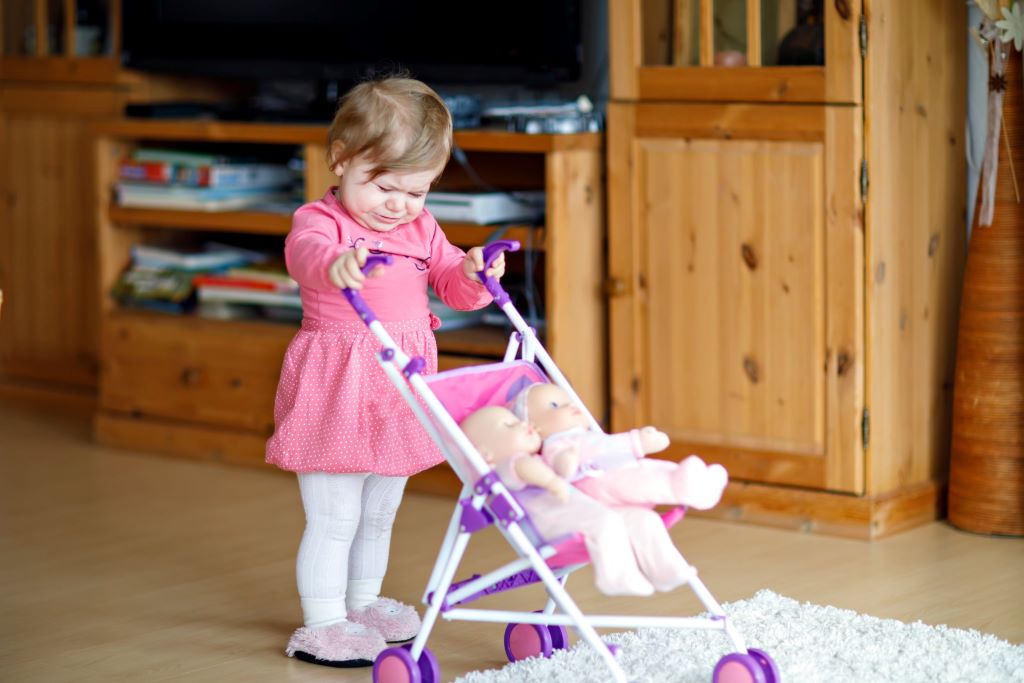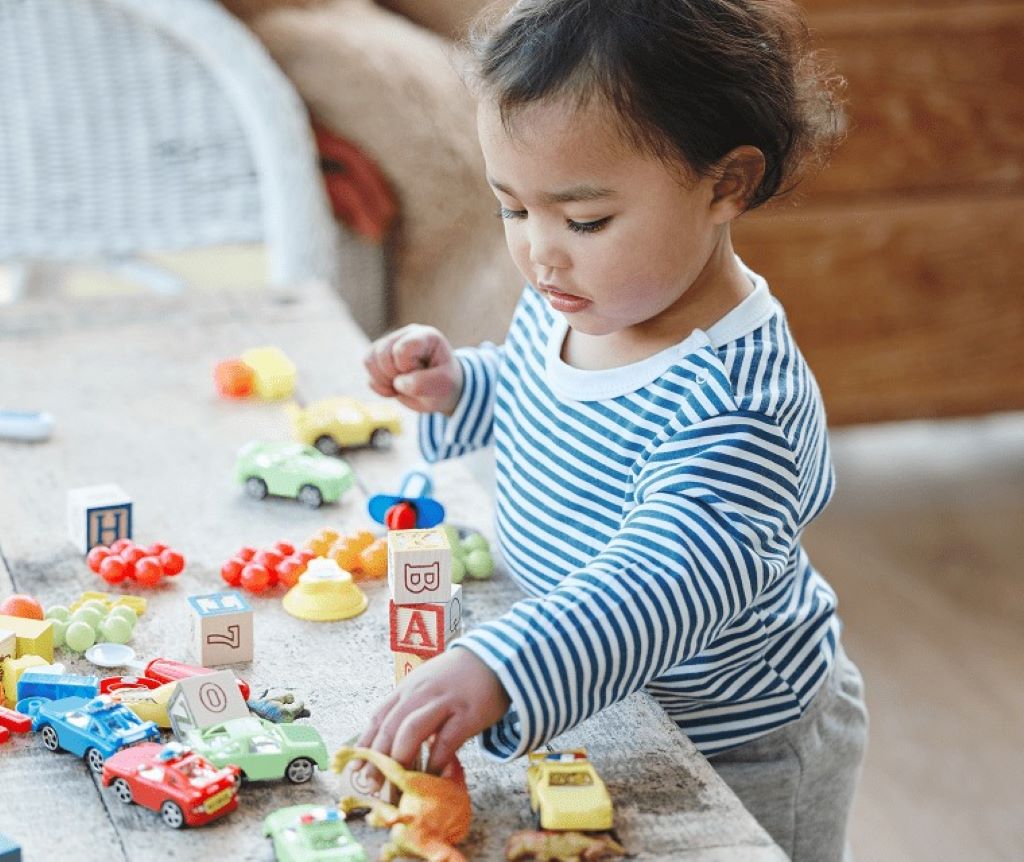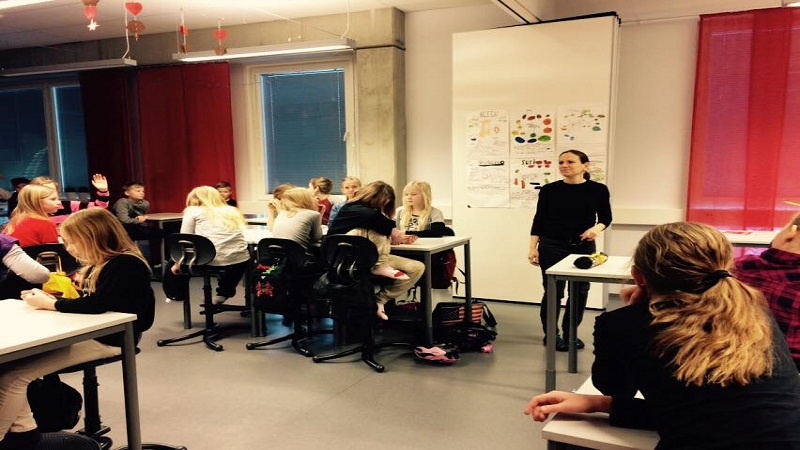Early childhood is a critical period for growth, where children develop the skills they need for a successful life. Understanding how to assess early childhood development stages can help caregivers, educators, and parents provide the right support to foster a child’s growth. In this article, we’ll break down each stage, explain why they matter, and how to assess them.
If you’re looking for additional resources to explore early childhood development strategies, you can explore Dldxedu for insightful information about effective learning methods.
Why Early Childhood Development Stages Matter
Early childhood development (ECD) refers to the physical, cognitive, social, and emotional growth that takes place from birth to eight years old. According to the World Health Organization (WHO), nearly 90% of brain development happens before a child turns five, making the early years essential for lifelong success.
Children who experience positive early development are more likely to do well in school and become productive, happy adults. Conversely, children who miss key milestones during this stage may face challenges later in life. By assessing development regularly, parents and teachers can ensure children are on track and intervene if necessary.
The Four Key Areas of Early Childhood Development
When assessing a child’s development, there are four main areas to focus on:
- Physical Development: This includes motor skills like crawling, walking, running, and fine motor skills such as drawing or using utensils. Parents and teachers should look for age-appropriate milestones, like a toddler starting to stack blocks or a preschooler drawing simple shapes.
- Cognitive Development: Cognitive development refers to a child’s ability to think, learn, and problem-solve. For example, by the age of three, children should be able to sort objects by shape and color. By six, they might start recognizing letters and numbers.
- Social and Emotional Development: This area includes a child’s ability to interact with others, understand emotions, and develop empathy. At the age of two, children might start playing alongside other kids, while by five, they’re more likely to engage in cooperative play.
- Language Development: From babbling to speaking in full sentences, language milestones are key to assessing early childhood development. By age three, most children can speak in short sentences, and by five, they should be able to tell stories and engage in basic conversations.
How to Assess Early Childhood Development Stages

- Use Milestone Checklists: Milestone checklists are a great way to track your child’s progress. These checklists are often available through pediatricians or educational resources. For example, the Centers for Disease Control and Prevention (CDC) provides a series of milestones to look out for during a child’s first five years.
- Observation: Pay attention to your child’s everyday behavior. Do they show curiosity? Can they express themselves in simple words? Watch how they interact with others to understand their social and emotional progress. Regular observation can help identify any concerns early.
- Consulting with Experts: Pediatricians, early childhood educators, and specialists can provide valuable insight into a child’s development. They can perform assessments that help determine if a child’s development is within the expected range. If there are delays, they can also suggest intervention strategies.
- Interactive Tools and Apps: In today’s digital world, there are many apps and online tools that track a child’s development. These apps often provide a mix of learning activities, milestone checklists, and expert advice to ensure children are progressing on time.
The Best Educational Toys for 1 Year Olds: The Perfect Blend of Fun and Learning!
Supporting Early Development: Educational Programs
If you’re considering an educational program, it’s important to know what level of early childhood education best suits your child. The early childhood education grade levels give insight into the types of educational stages and how they align with developmental milestones. These programs can play a pivotal role in providing structured learning and promoting overall development.
Incorporating play-based learning and other methods can also ensure children stay engaged and absorb essential skills. The right program will support children’s growth in all developmental areas while providing ample opportunities for socialization and exploration.
You Might Enjoy: How the Right Private School Can Benefit Your Child
Conclusion
Assessing early childhood development stages is an essential part of ensuring a child’s healthy growth. By keeping track of milestones in physical, cognitive, social, emotional, and language development, parents and educators can help guide children to success. Regular assessments, along with the right support, can set the foundation for a lifetime of learning and achievement.








